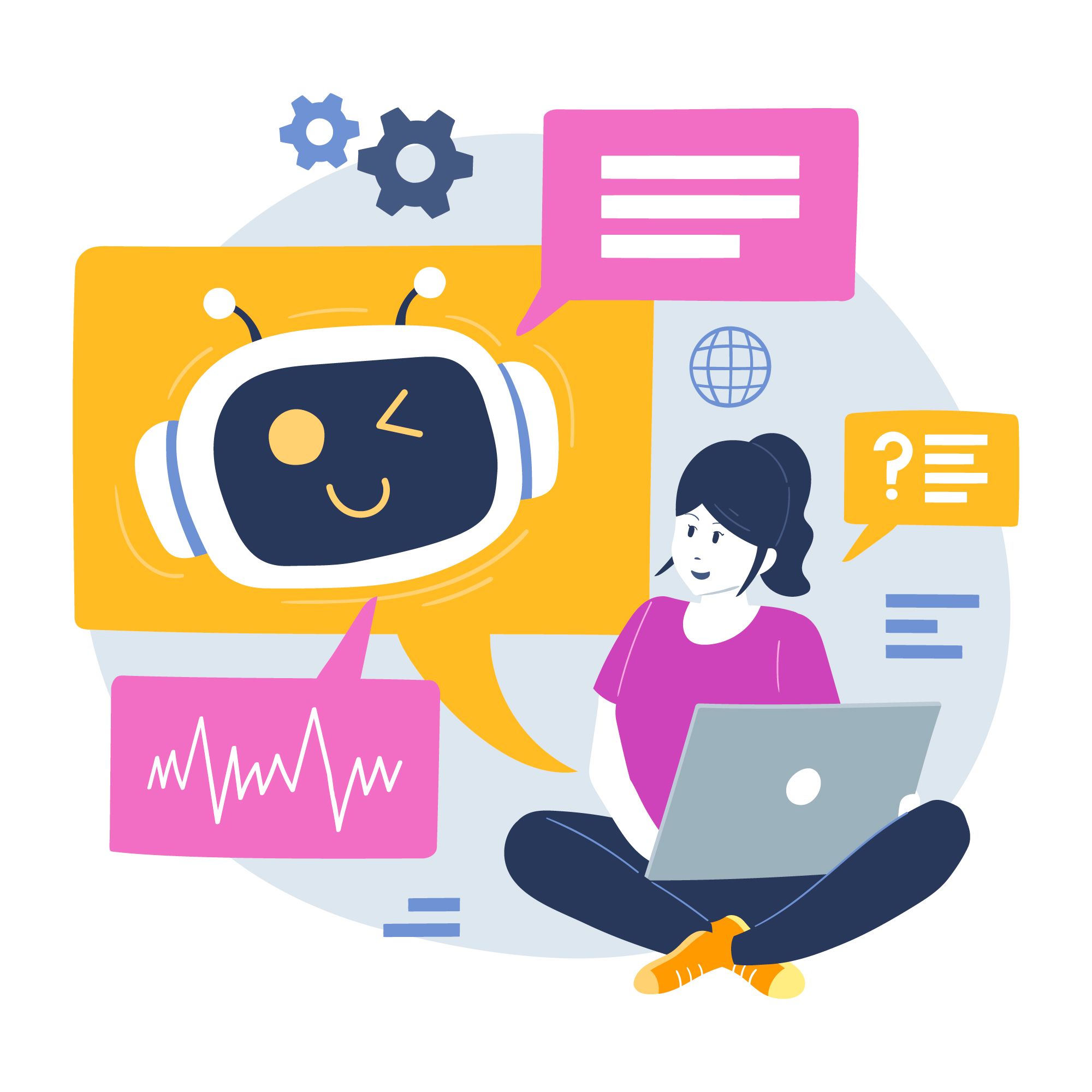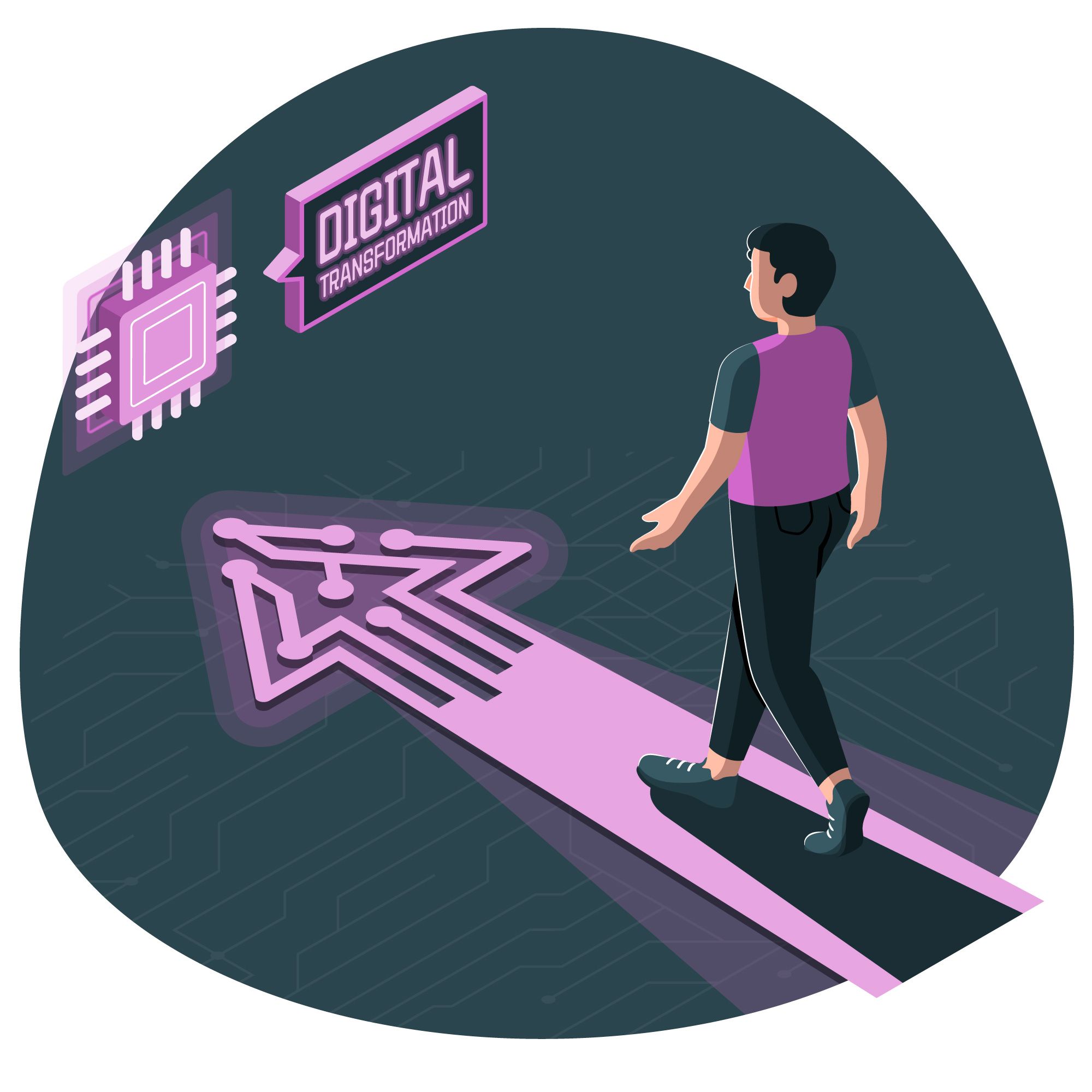The Future of AI: A New Era Unfolding

Did you know that AI systems are now capable of composing symphonies and diagnosing illnesses with unparalleled precision?
Artificial Intelligence has moved beyond science fiction into a factual cornerstone of modern innovation. Today, AI influences various aspects of our lives, transforming industries from healthcare and finance to entertainment and transportation.
In this blog post, we will delve into the future direction of AI and investigate how these advancements will further shape our world. We'll explore emerging trends, potential challenges, and the profound impact AI is slated to have on the coming years.
Tracing the Evolution and Current Landscape of AI

Artificial Intelligence has a rich history marked by significant milestones that have paved the way for the sophisticated systems we see today. The journey began in the 1950s when pioneers like Alan Turing conceptualized machines that could "think." Over the decades, AI has evolved through various stages, from rule-based systems to today's advanced machine learning algorithms and neural networks.
Currently, AI technology has achieved remarkable feats, seamlessly integrating into our daily lives and professional ecosystems. From natural language processing in voice assistants to real-time data analysis in business intelligence, AI's capabilities are expanding rapidly. Innovations like deep learning and reinforcement learning have propelled AI into new realms of possibility, pushing the boundaries of what machines can achieve.
Furthermore, the adoption and research of AI are growing at an exponential rate. According to recent studies, global investment in AI is predicted to reach $190 billion by 2025, reflecting its accelerating integration across sectors. As AI continues to mature, the volume of published research and development efforts also increases, underscoring the relentless pursuit of enhancing these transformative technologies.
The Evolution of AI Technologies
The evolution of AI technologies has been a fascinating journey, evolving from rudimentary machine learning endeavors to the sophisticated AI models we admire today. Early AI systems primarily relied on basic machine learning techniques with limited capabilities. As the field progressed, the development of more advanced models, including neural networks and deep learning algorithms, marked significant turning points.

Notable breakthroughs across various domains highlight the rapid advancements AI has made. In natural language processing, models like the GPT lineup have revolutionized the way machines understand and generate human language. Similarly, advancements in computer vision have enabled AI to interpret and analyze images and videos with remarkable accuracy. In the realm of robotics, AI-driven systems are now capable of performing intricate tasks with precision and autonomy, transforming industries such as manufacturing and healthcare.
The tremendous growth of AI has been significantly driven by two critical factors: big data and increased computational power. The proliferation of digital data provides a vast resource for training AI models, allowing them to learn and improve continually. Meanwhile, enhancements in computational capabilities have enabled these complex models to process and analyze data at unprecedented speeds, pushing the boundaries of what AI can achieve and setting the stage for future innovations.
Current Applications of AI
AI technologies have seamlessly integrated into various industries, fundamentally transforming operations and enhancing efficiencies. In healthcare, AI-driven diagnostic tools and personalized treatment plans are revolutionizing patient care, enabling quicker and more accurate diagnoses. Finance sectors utilize AI for fraud detection, risk management, and trading strategies, ensuring more secure and efficient financial transactions.
Manufacturing has seen remarkable improvements with AI-powered automation and predictive maintenance systems, increasing production efficiency and reducing downtime. The impact of AI extends to our daily lives, influencing everything from personalized shopping experiences to smart home devices that learn user preferences and optimize home environments accordingly. Businesses are leveraging AI to streamline operations, personalize customer interactions, and innovate their product offerings.
Leading AI platforms such as IBM Watson in healthcare, Salesforce's Einstein in customer relationship management, and Google's DeepMind in a variety of complex problem-solving initiatives exemplify the pinnacle of AI capabilities today. These systems not only lead their respective fields but also set benchmarks for future AI innovations, continually pushing the envelope of what is possible with artificial intelligence.
Future Direction of AI

As AI continues its rapid trajectory, we can anticipate groundbreaking advancements that will redefine numerous sectors and reshape our daily lives. One of the most eagerly awaited developments is the advent of autonomous driving. With advancements in machine learning and sensor technologies, self-driving cars are poised to become a common sight on our roads, promising to reduce accidents and optimize traffic flow.
Personalized medicine will see a significant transformation, with AI's ability to analyze large datasets enabling tailored treatment plans that consider an individual's unique genetic makeup and lifestyle. This precision in healthcare has the potential to improve outcomes and reduce side effects, making treatments more effective and personalized. Additionally, smart cities powered by AI will emerge, integrating intelligent systems to manage resources efficiently, enhance public safety, and improve the quality of urban life.
Emerging areas of AI research are also gaining attention, particularly the focus on creating ethical AI systems that ensure fairness, accountability, and transparency. Research in artificial general intelligence (AGI) seeks to develop machines with human-like cognitive abilities, capable of performing any intellectual task that a human can do. These areas not only highlight the potential for profound technological advancements but also the importance of addressing ethical considerations as AI becomes increasingly integrated into society.
Ethical and Societal Implications
The rapid development of AI brings to light numerous ethical concerns that need urgent attention, such as privacy, security, and bias. AI systems have the capacity to gather vast amounts of personal data, which raises significant privacy issues. Ensuring that these systems do not misuse this information is paramount to maintaining public trust.
Furthermore, security concerns are amplified as AI becomes more integrated into critical infrastructure. Protecting these systems from cyber-attacks is essential to prevent widespread disruption and safeguard sensitive information. Another critical area is the mitigation of bias within AI algorithms, as biased data can lead to unfair outcomes and reinforce existing inequalities.

Societal implications also play a significant role in the AI conversation, with job displacement being a major concern. As AI systems can perform tasks that were traditionally done by humans, it is important to address how this technological shift will affect the workforce. Developing strategies for reskilling and education will be essential to help the workforce adapt to new roles and responsibilities.
In addition, there is a pressing need for regulatory frameworks to guide the deployment and use of AI technologies. These frameworks should ensure that AI is developed and used responsibly, promoting transparency and accountability. Emphasizing the development of responsible AI practices will not only help mitigate risks but also ensure that the benefits of AI are distributed fairly across society.
By addressing these ethical and societal implications proactively, we can pave the way for AI to be a force for good, fostering an environment where technological advancements contribute positively to the human experience.
The Role of Collaboration and Policy in Shaping AI’s Future

Global collaboration is crucial in ensuring the responsible development and deployment of AI technologies. Governments, academia, and the private sector must work together to establish a cohesive approach to AI governance. This multi-stakeholder effort can significantly enhance the effectiveness of policies and strategies aimed at harnessing AI's potential while mitigating its risks.
Key policies and regulations are currently being proposed and enacted worldwide to guide AI development. These include data protection laws like the GDPR in the European Union, which set clear standards for privacy and security in AI systems. Other regulatory initiatives focus on transparency and accountability to ensure AI technologies operate fairly and ethically.
Standardization and ethical guidelines in AI research and application are essential to promote consistency and trust. By establishing universal standards, we can ensure that AI systems are developed and applied in ways that are fair, transparent, and beneficial to all. Ethical guidelines will help prevent misuse and ensure that AI contributes positively to societal well-being.
Collaboration and robust policy frameworks are indispensable in shaping a future where AI serves humanity's best interests. Through collective effort and clear guidelines, we can achieve a balanced integration of AI into society, maximizing its benefits while minimizing its risks.
Conclusion
In navigating the future of artificial intelligence, collaboration, policy, and ethical standards have emerged as foundational pillars. The amalgamation of efforts from various sectors—industry, government, and academia—ensures that AI development is both innovative and responsible. This joint approach is instrumental in addressing the multifaceted challenges and opportunities AI presents.
Key regulatory measures, like data protection laws and transparency guidelines, are pivotal in fostering a secure and equitable AI landscape. They play a crucial role in safeguarding users while promoting trust in AI-driven technologies. Moreover, standardization in AI research and application helps create a level playing field, ensuring that all players adhere to high ethical norms.
Ultimately, the intertwined efforts of collaboration and robust policies underscore the need for a balanced and forward-thinking AI strategy. As we continue to integrate AI into our daily lives, it is vital to remain vigilant and informed. By doing so, we can ensure that AI serves the greater good, enhancing societal well-being while mitigating potential risks. Stay engaged and advocate for responsible AI to help shape a promising future.

